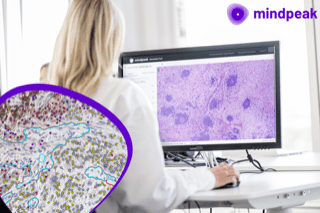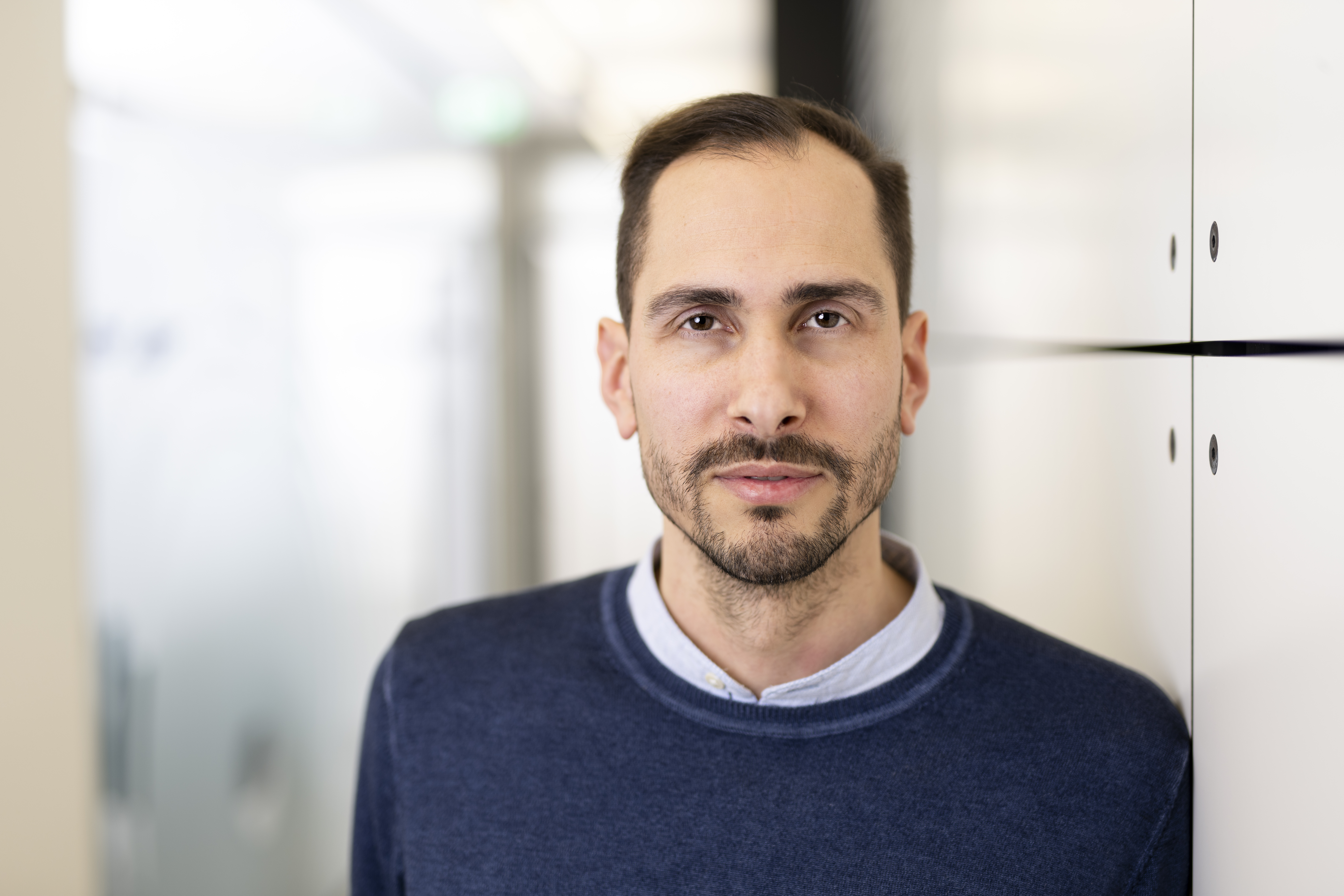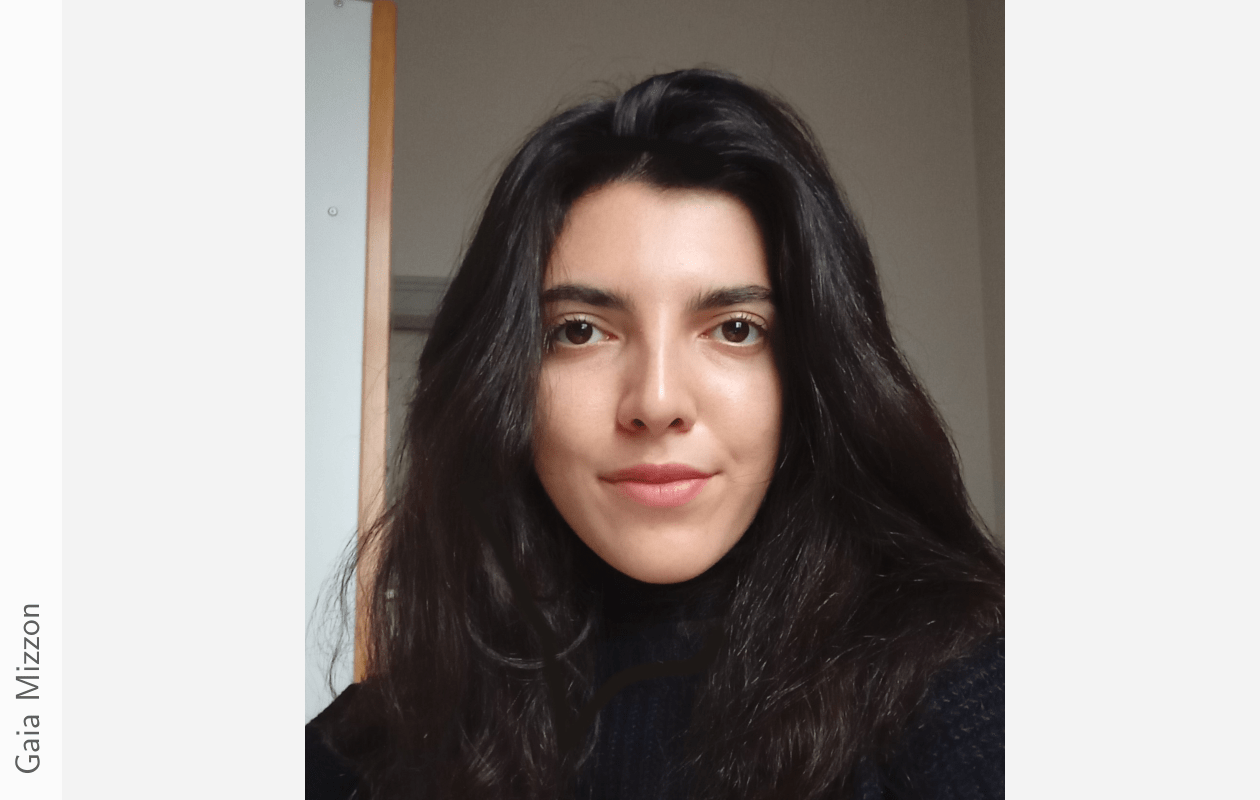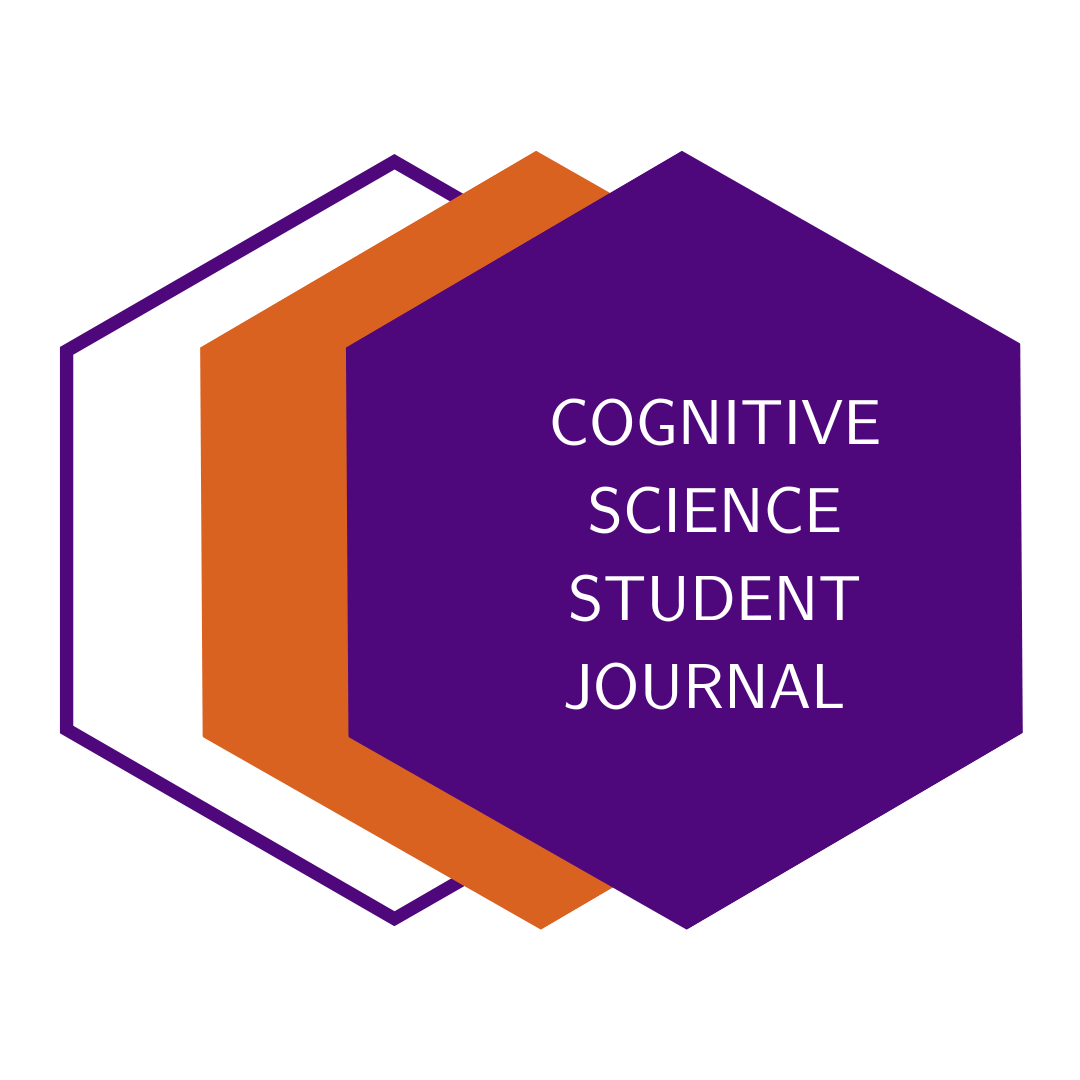How can a Cognitive Science Degree shape your Future? Stories about career prospects from successful alumni of the Institute.
Talking about the future is an important part of our lives as students: we work on numerous projects and spend years in our education with the goal and hope of building our future dream careers, not without obstacles and uncertainties. Especially in a highly interdisciplinary environment such as Cognitive Science, the possibilities are endless, and choosing the right job, research area or internship often seems like a gamble. Even if you are passionate about the subject and extremely motivated, you never know exactly where your journey will take you and whether you will gain a foothold.
As the 19th-century philosopher Søren Kierkegaard wrote: “To dare is to lose one’s foot momentarily. Not to dare is to lose oneself”. Our decisions may not always be the safest, but they make us who we are. In the face of the thousands of unforeseen outcomes we anticipate, and those we ignore or perhaps do not even notice, it is always a great wonder to look back and realize how far we have come and where we stand.
With today’s article, we want to create a link between two temporal dimensions. The lives of current CogSci students with their dreams and ambitions for the future and those of alumni of the Institute of Cognitive Science who once had similar aspirations and interests and have managed to develop their potential and turn it into a concrete professional perspective.

In today’s post, we interviewed Felix Faber, the founder and CEO of Mindpeak, a company that uses artificial intelligence in clinical pathology and specifically in cancer treatment. Felix got his bachelor’s degree in Cognitive Science in Osnabrück in 2004 and then continued his studies with a Master’s degree in Computer Science at the University of Freiburg, specializing in Artificial Intelligence and collaborating with the Research Group Humanoid Robotics from Prof. Dr. Sven Behnke.
Given Felix’s area of expertise, we decided to establish a connection between his work and Malte Heyen, a Cognitive Science Master’s student in Osnabrück who published in our Journal the article Diagnosing Pancreatic Cancer Via Urinary Biomarkers. This study aims to investigate whether the concentrations of some biomarkers in urine differ significantly between patients diagnosed with pancreatic cancer and a control group. For this purpose, a statistical model that can identify patients with pancreatic cancer based on biomarkers in urine was developed to implement a reliable test for the early diagnosis of patients.
Given Felix’s work with Mindpeak on applying Artificial Intelligence to Clinical Pathology and developing products to support pathologists by offering accessible and reliable solutions, we thought it would be interesting to make a connection between Malte’s project and Felix’s company by asking a few questions about his thoughts on the methods discussed in the article based on his experience.

Can you introduce yourself and tell us what you are doing now?
“I am Felix. I am the founder and CEO of Mindpeak. Our vision is to crush cancer with AI. We help doctors to diagnose cancer by looking at human tissue and finding cancer cells and other patterns. Before Mindpeak, I co-founded Bytro, an online games company that we IPOed in 2015. I was a two times world champion in robotic soccer with the University of Freiburg and I studied Cognitive Science from 2001-2004.”
What student work have you done at university that led you to your current place?
“I had the chance early on to work with Prof. Dr. Martin Riedmiller, a former Professor at Osnabrück University, who had a very successful Robocup team and later became one of the leading scientists at DeepMind. He sparked my interest in robotics and neural networks. Back then, his ideas about large neural networks that detect objects simply out of image data was a wild one and it would take another 10 years before it became reality. I always loved NNs and it made me come back to the space in 2018 in order to found Mindpeak.”
What are the essential skills that you acquired during your studies in Cognitive Science that turned out to be helpful during your career/current job?
“Finding things that I love. Questioning everything, even if it is being said by experts.”
What was your favorite course/seminar?
“Neural Networks.”
What would you do differently in your studies?
“I would pay more attention to subjects that did not interest me at first glance. Nowadays, I rarely find enough time to study new and interesting topics in great depth.”
Malte’s study showed that the classifier detected 84.7% of patients with pancreatic ductal adenocarcinoma, a positive result supporting the use of machine learning for early and reliable diagnosis. To what extent do you believe that similar AI methods can improve and facilitate the work of pathologists and have a positive impact on the treatment of serious diseases?
“I believe AI will play a fundamental role in finding new predictive biomarkers in data originating from humans. It is great to see such work coming from Malte as a Cogntitive Science student. With Mindpeak, we are working on three AI-products that use the millions of data points that we get out of a single tissue sample to find prognostic and predictive value in them.”
On the other hand, what potential risks must a scientist acknowledge when developing and using these techniques, and how should they be addressed and mitigated?
“Correlation is not causation. Optimally, you would find a causal relationship behind your statistical finding.”
What would you recommend to a student pursuing a career in AI applied to clinical pathology? Specifically, what are the most relevant experiences that helped you to achieve this role?
“Get at least a master’s degree in Cognitive Science or Computer Science. If you want to start a career in medical image analysis, I recommend you gain practical expertise in image recognition with deep neural networks using the latest technologies (CNNs, Transformers, Large Vision Models). The more practical experience you can show, the better. If you want to start your own business, you should start with something where you solve a real problem for someone.”

Gaia Mizzon
“I am a Cognitive Science Master’s student passionate about philosophy, neuroscience, and scientific communication. Being a member of the Website Team of the Cognitive Science Student Journal, I am eager to contribute to this initiative by giving voice to our community through interviews and articles; that is the main goal behind the Editorial Blog.
I am so thrilled to see how this project will develop and grow, thanks to the vibrant community that we are lucky to be part of.”
